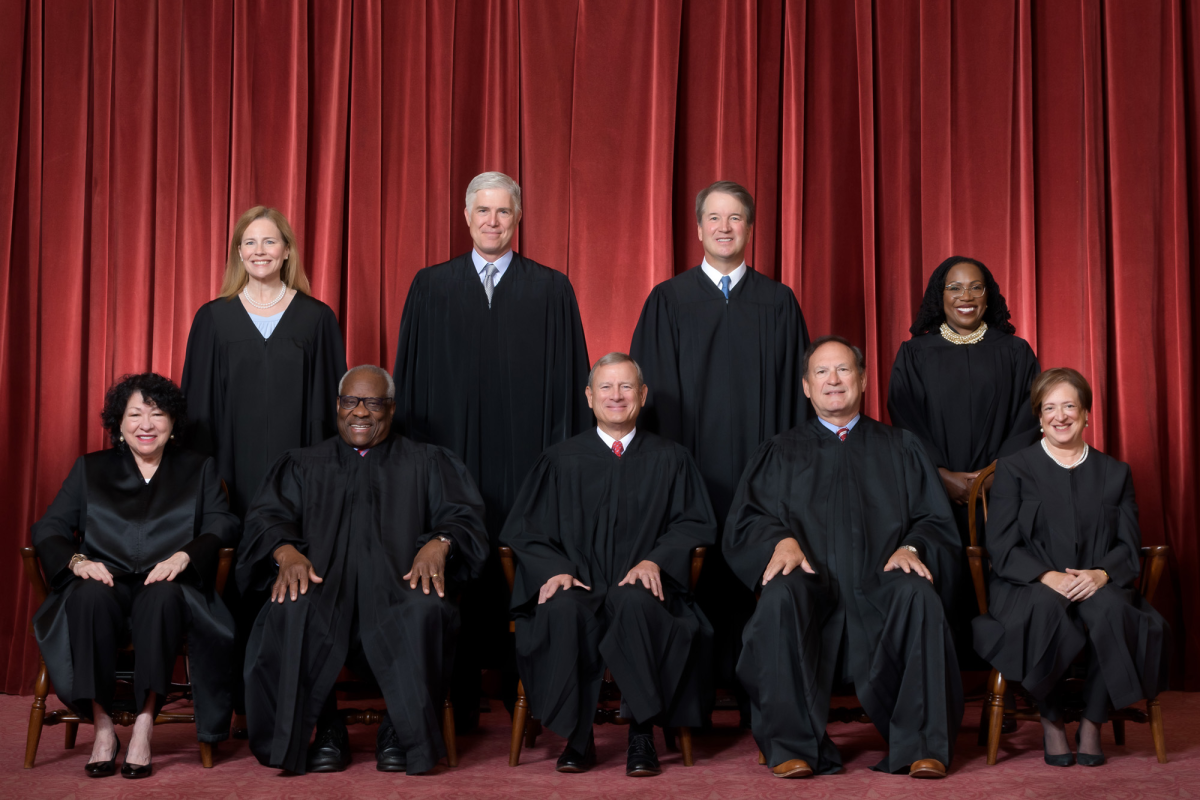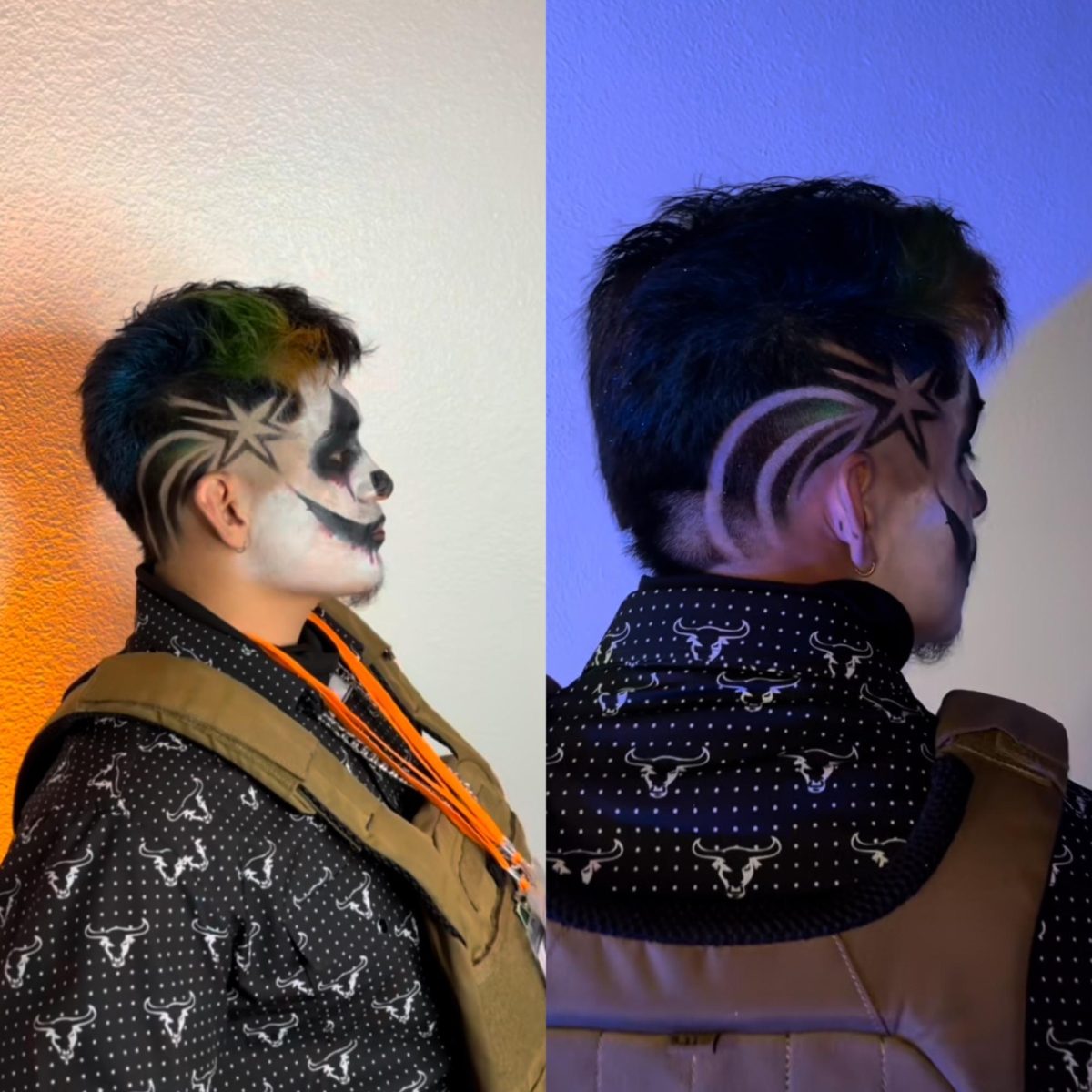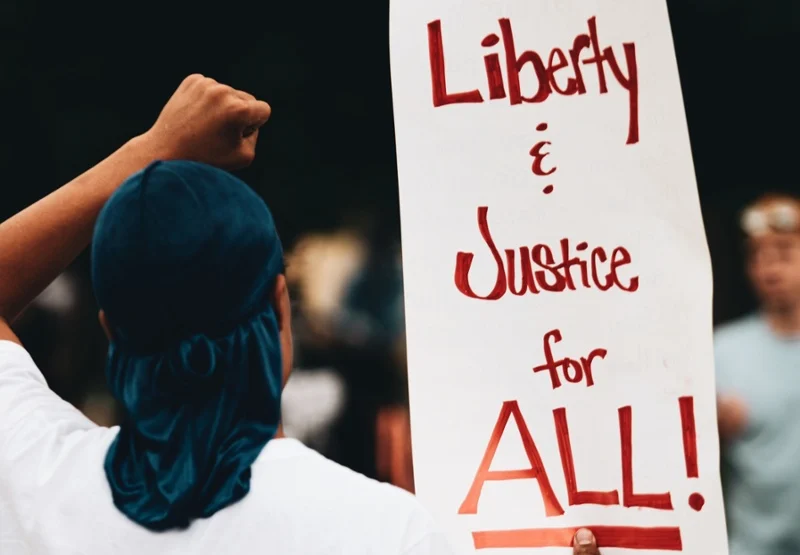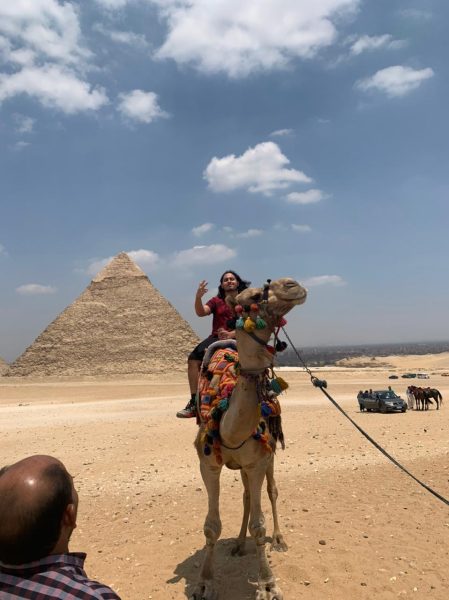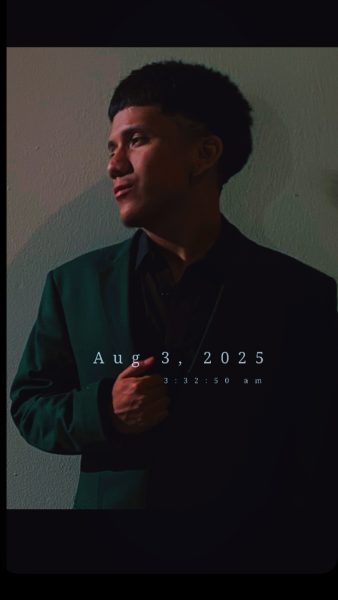A recent decision by the U.S. Supreme Court may alter the way immigration enforcement operates in the country, and not in a manner that would make everyone feel safer. The Court struck down safeguards that had stopped agents from stopping people based on their race, ethnicity, or language in a 6-3 ruling. The ruling effectively gives police the authority to stop someone even if they don’t have any other reason to do so, if they “look” or “sound” like an immigrant. Critics claim that this is the most obvious form of racial profiling and that it creates the opportunity for systematic discrimination in communities with a high immigrant population.
What the Decision Does
A lower court injunction in Los Angeles that prohibited ICE and other federal agents from using race or ethnicity as a basis for stops was overturned by the Court’s ruling. Once more, immigration enforcement officials can decide who to investigate or detain based on physical appearance, language, or neighborhood demographics.
According to legal experts, this essentially eliminates long-standing constitutional protections associated with the Fifth Amendment (due process), the Fourth Amendment (protection against unjustified searches and seizures), and the Fourteenth Amendment (equal protection under the law). “This ruling is a gut punch to civil rights in America,” one lawyer said in a scathing summary.
The decision is more than just a legal technicality for Californian communities, especially those in Orange County and Los Angeles. It is a reality that is lived. Families now risk being singled out while going about their daily lives, such as walking to school, commuting to work, or even grocery shopping, in areas where Spanish is widely spoken or where the inhabitants “appear Latino.”
The Court’s ruling, according to advocacy organizations like Human Rights Watch and the ACLU, normalizes racial profiling. They caution that it may strengthen fear in communities of color, encourage immigration raids, and damage public confidence in law enforcement.
Nationwide, civil rights activists have denounced the decision. Human rights groups claim that millions of people are subject to a “presumption of suspicion” as a result of this action, just because of their identity.
“This decision tells Latino and immigrant families that their language, their culture, and their very identity can be used against them,” explained a community organizer in Los Angeles. That is legalized discrimination, not law enforcement.
This decision is a component of a broader national discussion concerning constitutional rights, immigration, and race. Courts have been carefully balancing enforcement authority with individual protections for years. The Supreme Court’s ruling significantly tipped the scales in favor of organizations like ICE.
Critics worry that it creates a precedent whereby a person’s identity, such as skin color, accent, or last name, can lead to police scrutiny. In a nation that takes pride in legal equality, the ruling poses pressing concerns about how civil liberties will be maintained.
Legislative and legal opposition is already building. In an effort to restore protections against racial profiling, advocacy organizations are organizing to contest the decision in new court cases and proposed legislation.
However, the situation on the ground has changed for the time being. Families are bracing for increased ICE activity, elevated anxiety, and possible abuses of power in Los Angeles and other immigrant-heavy areas.
Although the Supreme Court has spoken, the matter is far from being resolved. Civil rights and equitable treatment will continue to be fought for by communities, legislators, and regular citizens. The question still stands: can America maintain its values of equality and justice, or are those values more vulnerable than ever?
Here is an insert from a fellow staff writer, Matteo Nuno:
Growing up, I was always a kid who had big dreams. Someone who came from nothing now realized that he isn’t just a kid with a dream; he is a kid who is carrying someone else’s dream, and those people were my family, my mom, my grandpa, and grandma. Growing up, they did everything for me. They gave me the life they wished they had. They came to America in Cutshey, CA, and did that for my mom so she could live her life. But this story isnt about me or my mom, it’s about my grandma, and I’m writing this story today to speak upon a new law and speak up for people who can’t.
A new ruling came out on September 8th, literally two days ago from today as I write this story, where you can now be arrested and taken in for questioning because of only the way you look, act, speak, or work you do. Now listen to that again, a man like me dressing for his culture and living the way he was born and supposed to live can not walk around his neighborhood or his city without his mom blessing him or telling me to be careful and how much she loves me. Or can’t go out with family without being scared of this new rule.
Sources:
